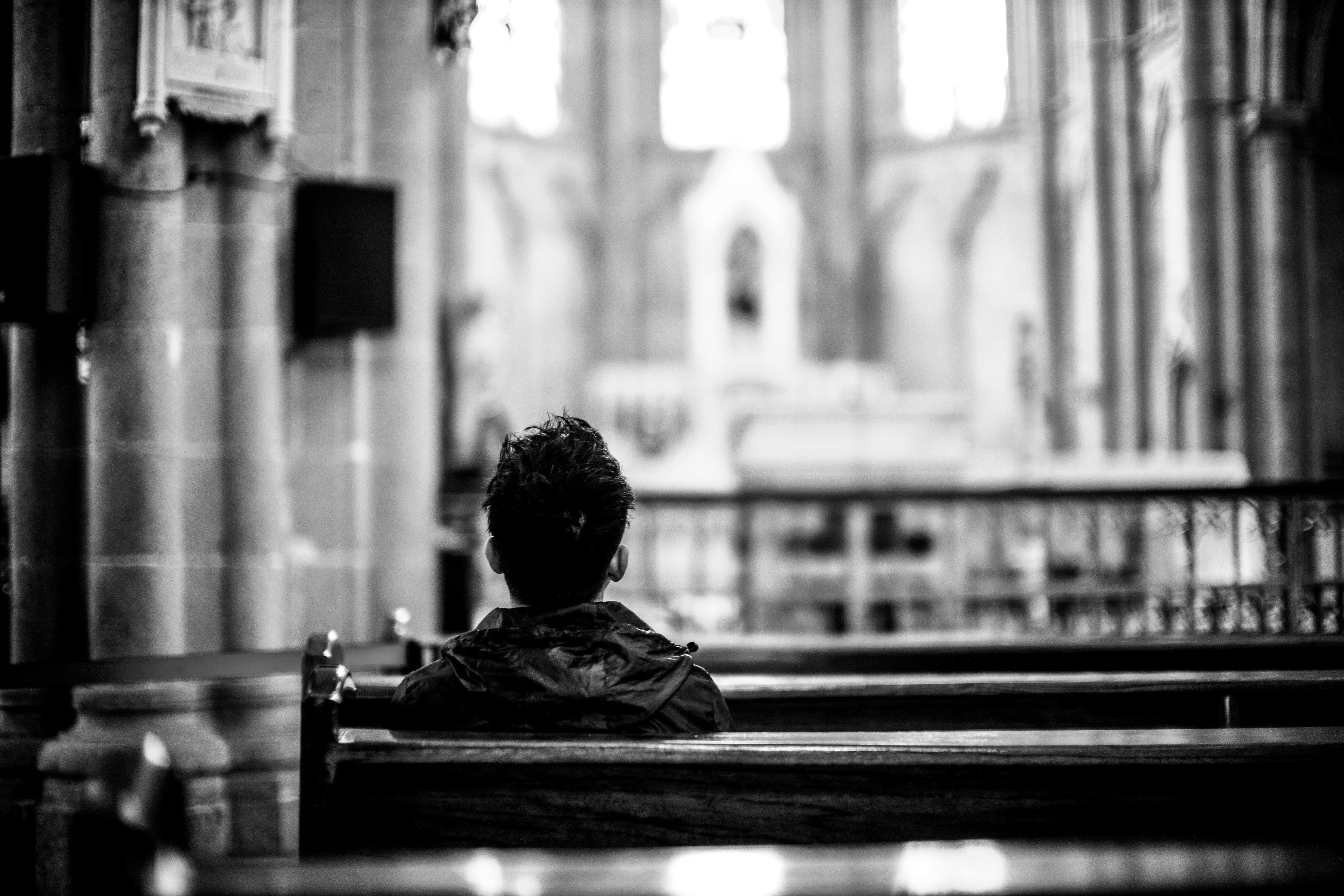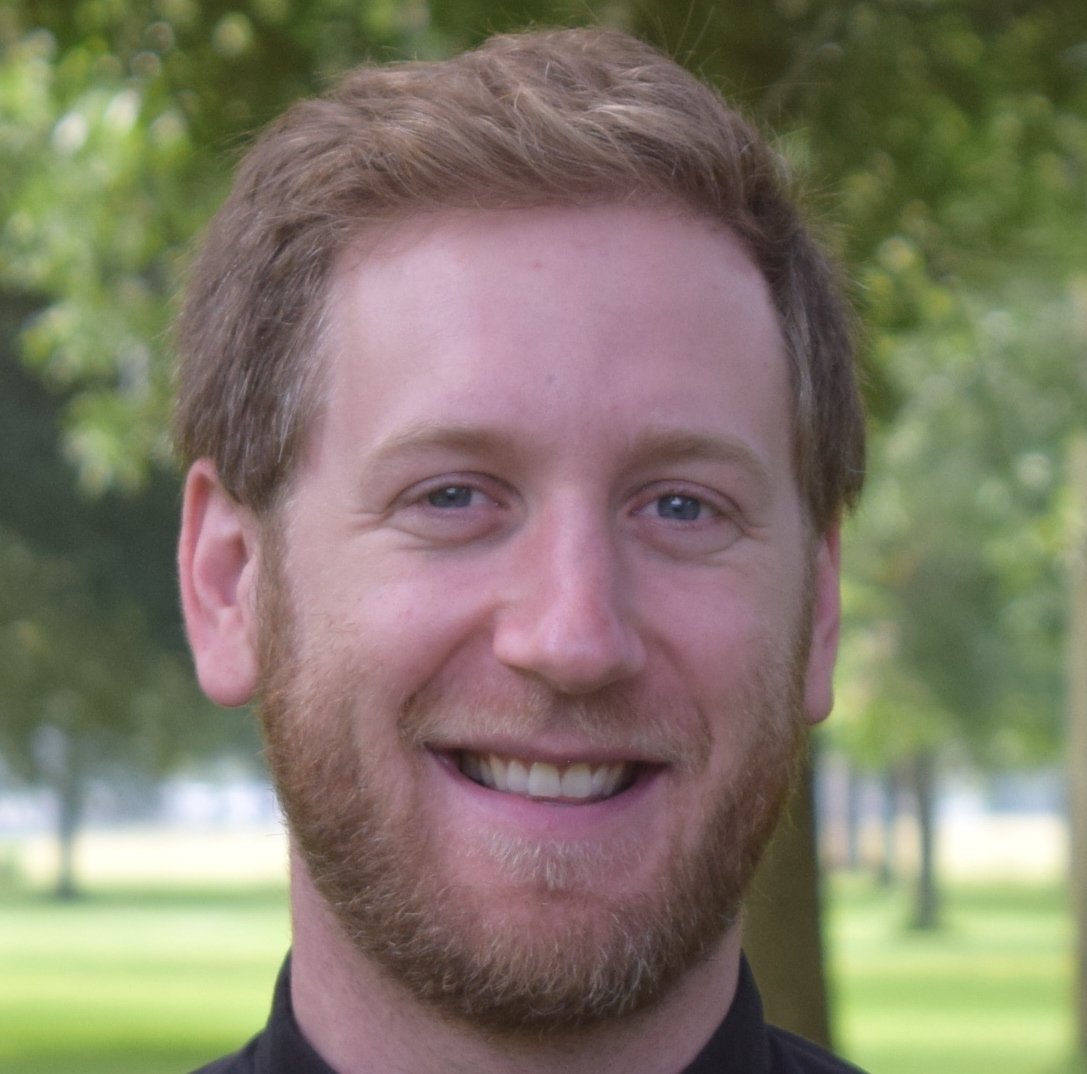“How do I break bread with people who claim they love Jesus, but don’t seem to act like him?”
I admit that I struggle with this question, in large part because I struggle with the same thing. And if I am being really honest, I do sometimes lament my fellow Christians whose views and sensibilities – political, theological, and otherwise – diverge so significantly from my own. And I often wonder how we are all in this one Church, how we all can come together and be nourished by the same Word, the same Body and Blood of Christ?
But if I’m being completely honest, I don’t think I’m alone here. I wonder if a lot of people have some version of this recurring thought: “I love Jesus, but some members of His Church deeply anger me and give me pause.”
I’ve returned again and again to those first three words: “I love Jesus.” And this raises a challenging question: If I love Jesus, who and what am I committing myself to?
First, if I love Jesus, I love who He is. And who is He? He is the One who enters into the world not to condemn it, but to redeem it. He is the One who seeks people out, heals people, forgives people, challenges people, and invites us into a new way of seeing and being with one another: as brother and sister, children of God.
This is not mere sentiment and it leads to a second point. If I love Jesus, then I’m called to love who He loves and how He loves. The list of who is expansive. And the how is not a genteel, disinterested love from a distance, but a love ground out from all-too-close nearness. And not simply love for those who are easy to love, but for those we deem our enemies. Jesus tells us: “But rather, love your enemies and do good to them, and lend expecting nothing back; then your reward will be great and you will be children of the Most High.” (Luke 6:35)
Nothing drove this home for me more clearly than when I was in Puerto Rico two summers ago. Each morning, I would pick up a fellow Jesuit novice and we would drive 30 minutes to pick up two other novices. I would say I was not super close with this novice before this time in Puerto Rico. In fact, we were on different sides of the ideological spectrum: we held pretty different ideas about prayer, church, and politics. I must confess, I often felt deeply frustrated by him.
And yet. Over those two weeks, we were stuck together in that car, in all-too-close nearness. We learned about each others’ lives, families, and interests. We swapped stories. And we laughed at our terrible attempts at Spanish. As a result, I grew to love and respect him. I’m sure we still don’t agree on many of the same things. But both of us would go through great lengths for the other. We are brothers.
The third point then, is that if I love Jesus, then I’m called to love the Church. We might do well to look at some of the initial leaders within this Church to pique our imagination. Remember: the twelve apostles come from widely divergent life experiences. John and James, the “Sons of Thunder,” with their helicopter mother doing their bidding and causing significant disturbance within the group (Matt 20:20 – 28). One can imagine that Simon the Zealot would have been seen by many as too radical, too violent, too much of a liability. And there’s Peter and Andrew, both fishermen, and Matthew the tax collector; they must’ve had to work through inevitable differences arising from the clash of their respective cultural and societal sensibilities. Remember, these are not just a few of Jesus’ followers; they are the foundational figures through whom Jesus hoped to renew the world. Somehow, they made it work.
This is my call too, to love the Church. But it isn’t about simply tolerating one another’s differences. A few years ago, I witnessed a remarkable example of reaching beyond tolerance. I used to be a teacher, and during that time a student wrote a letter to the editor in the school newspaper. His letter harshly critiqued some viewpoints another student, Brian, espoused. Brian could have done any number of things: he could’ve written a scathing response or ignored his classmate. Both would’ve been easy. Instead, Brian found his classmate and met with him, face-to-face. They talked to one another. They listened to one another. And although they left the conversation without any great compromise, they went beyond tolerance and chose a path of respect. And love.
We’re invited to do likewise. If I say “I love Jesus,” then I commit myself to reaching out to those whom I find at the end of my pew. This is not a sentimental nicety. It is a love that demands proximity and deep listening, seeking the best possible interpretation, which necessarily operates out of humility — a grace we must pray for. It is a love that stretches us to know our pewmates as more than their ideological views. It is a love that calls upon our shared identity as children of God. It is a love that will require sharing the Good News in ways that will inevitably discomfort and challenge my fellow pewmates. Finally, it is a love that can only proceed through prayerful discernment. And so too I must remember this love when I’m challenged by those very same people at the end of my pew.
Clearly, there’s not a silver bullet that answers the initial inquiry. Yet I hope the central insight here is helpful: for us to take seriously our love for the Lord and all that love entails. To let Him liberate us daily. To be free from the divisions we impose in order to be free for the challenging and radical work of walking together as Church, and in a world that needs our witness of love.
-//-


